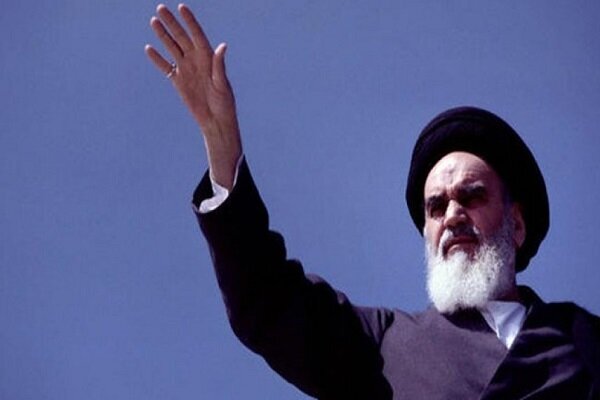Imam Khomeini’s Vision: Structure and Categories of an international system.
In an era dominated by the Hobbesian worldview, where self-interest and profit reign supreme, Iran must navigate the complexities of international relations with caution. To better understand the motivations and actions of other nations, it is essential to revisit Imam Khomeini’s insights on the international arena.
International Organizations: Tools of the Powerful
Imam Khomeini (RA) viewed international organizations as instruments of the powerful, designed to dominate and exploit the weak. He condemned these organizations for serving the interests of Western powers, stating, “These organizations were created by the powerful to dominate the weak and suck the blood of the world’s deprived.”
The Futility of Western Culture
Imam Khomeini (RA) also warned against the corrosive influence of Western culture, labeling it “ill-educated,” “corrupt,” and “rotten.” He emphasized the fundamental difference between Islamic and Western cultures, arguing that Western education has stripped humanity of its spiritual essence. In contrast, Islamic culture seeks to elevate humanity through divine education.
Peace and Security: A Delicate Balance
Imam Khomeini (RA) considered peace a cornerstone of international relations, achievable only through the negation of selfishness and the creation of a safe environment. He advocated for collective defense and legitimate resistance against aggression, while emphasizing the importance of understanding and diplomacy in maintaining international peace and security.
A Path Forward
As Iran engages with the international community, particularly in the face of ongoing nuclear negotiations, Imam Khomeini’s wisdom serves as a guiding light. His critiques of international organizations, Western culture, and the pursuit of peace offer valuable insights for Iran’s foreign policy, reminding us that a nuanced understanding of the international system is crucial in navigating the complexities of global politics.
Imam Khomeini’s Vision: A Blueprint for Peace and Justice
In an era marked by conflict and oppression, Imam Khomeini’s wisdom on international relations, human rights, terrorism, and power dynamics remains a guiding light for nations seeking peace and justice.
Peace and Security: A Delicate Balance
Imam Khomeini (RA) viewed war as a major obstacle to peace, but also identified arrogance and weakness as threats to global security. He advocated for the negation of oppression and tyranny, saying, “We want to implement these two words, not be oppressors and not be oppressed.” He emphasized the importance of respecting the rights of other nations and avoiding invasion.
Human Rights: A God-Centered Approach
Imam Khomeini (RA) emphasized the fundamental difference between Islamic and Western conceptions of human rights. He believed in a God-centered approach, where human rights are guaranteed by divine principles, rather than human whims. His ideas on freedom of expression, press, and political participation, as well as the rights of women and religious minorities, are reflected in his writings and will.
Terrorism: A False Equivalence
Imam Khomeini (RA) drew a clear distinction between martyrdom and terrorism. While martyrdom is a noble act of sacrificing one’s life for justice and faith, terrorism is an inhuman act of destruction and chaos. He warned against the false equivalence between the two, emphasizing that true martyrdom is a sacred act, while terrorism is a cowardly and inhuman behavior.
International Relations: A Call for Justice
Imam Khomeini (RA) critically examined the unequal distribution of power in international relations, where great powers dominate and exploit weaker nations. He advocated for a more just and equitable system, saying, “Power in the hands of the oppressor leads the world to corruption.” His wisdom remains a guiding light for nations seeking to reform the international system and promote peace and justice.

